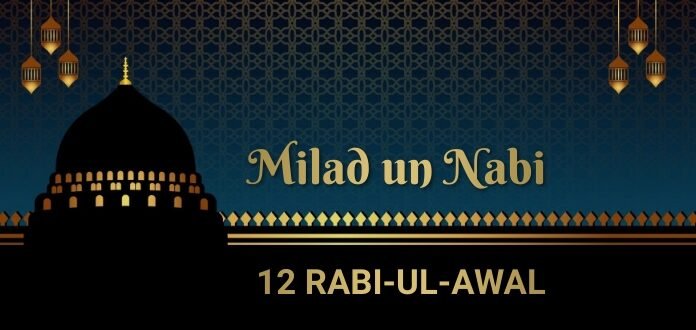
Rabiul Awwal Special Bayan 2023 | Molana Tariq Jamil:
Hazrat Muhammad (peace be upon him), also known as the Prophet Muhammad, is considered the final prophet in Islam. Here are some details about his birth:
Date of Birth:
– The exact date of the Prophet Muhammad’s birth is not unanimously agreed upon. According to Islamic tradition, he was born on the 12th day of Rabi’ al-Awwal, in the Year of the Elephant. This corresponds to April 22, 570 CE, in the Gregorian calendar.
Place of Birth:
– He was born in the city of Mecca, in present-day Saudi Arabia. Specifically, he was born in a place known as the “House of Abdullah ibn Abdul-Muttalib,” which was the dwelling of his grandfather.
Family Background:
– The Prophet Muhammad belonged to the Quraysh tribe, a prominent tribe in Mecca. He was born into the Banu Hashim clan, which was respected and influential.
Parents:
– His father was Abdullah ibn Abd al-Muttalib, and his mother was Amina bint Wahb. Tragically, his father passed away before his birth, and his mother passed away when he was only six years old.
Orphanhood:
– After the death of his parents, the Prophet Muhammad was initially cared for by his grandfather, Abdul-Muttalib. However, when Abdul-Muttalib passed away, he went into the guardianship of his uncle, Abu Talib.
Early Life:
– The Prophet Muhammad grew up in Mecca and was known for his honesty, integrity, and kindness. He earned the nickname “Al-Amin” (the trustworthy) due to his reputation for trustworthiness.
Prophethood:
– At the age 40 in 11 BH (610 CE), while meditating in the Cave of Hira near Mecca, the Prophet Muhammad received his first revelation from the Angel Gabriel. This marked the beginning of his prophethood and his mission to convey the message of Islam to humanity.
Significance:
– The birth of the Prophet Muhammad is celebrated by Muslims around the world as a momentous event. He is revered as the last and final prophet of Islam, chosen by Allah to deliver the final divine message to humanity through the Quran.
Legacy:
– The teachings and actions of the Prophet Muhammad continue to guide and inspire billions of Muslims worldwide. His life and sayings (Hadith) are studied for guidance on matters of faith, ethics, and conduct.
It’s important to note that while these details are based on Islamic tradition, there may be variations in historical accounts. The life of the Prophet Muhammad holds great significance for Muslims, and his legacy continues to shape the faith and practice of Islam.




